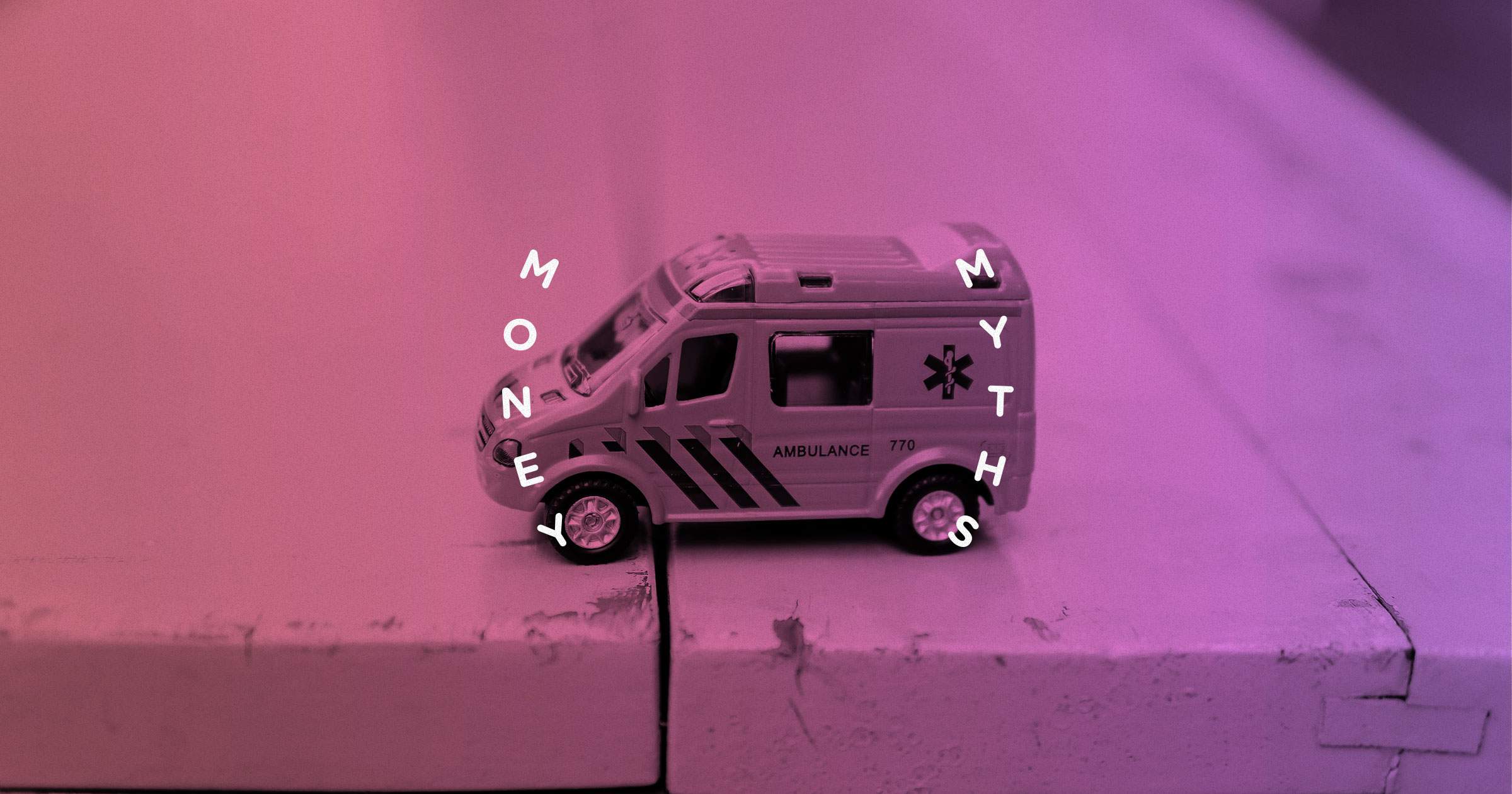The myth
Why keep money in an emergency fund when you can just invest it?
Before investing, people are expected to have an emergency fund, which is usually three to six months’ worth of expenses, just in case. It is often kept in a savings account so it can be withdrawn anytime.
While it barely grows in terms of interest, an emergency fund is vital for any investor. An emergency fund is your best protection against the risk of losing money in investing.
Why do people believe it?
When it comes to expenses, people tend to think of what they spend daily. On the other hand, an emergency fund prepares you for things that can come without warning. These could be loss of employment, home or car repairs, medical emergencies, or natural disasters. These are things that could disrupt daily life and will require you to spend more than what you normally do on a daily basis.
Risks of believing this myth
You’re at risk of two things: losing money because of your investment or you simply lose money to interest payments.
If you need money and you don’t have an emergency fund, you’ll be forced to pull out your investments. Worse, the value of your investment drops or you need to pay early redemption fees.
If you choose to borrow money, you’ll have to deal with paying the interest. If it’s a big expense, your income might not be able to cover it. Remember, you still have to pay for your regular expenses.
Verdict: False.
Even if you’re not investing, having an emergency fund is important. With an emergency fund, you stay resilient in the face of sudden expenses. You won’t be forced to take on debts. And if you’re invested, you won’t have to disturb your investments and they can continue growing.

.jpg)
